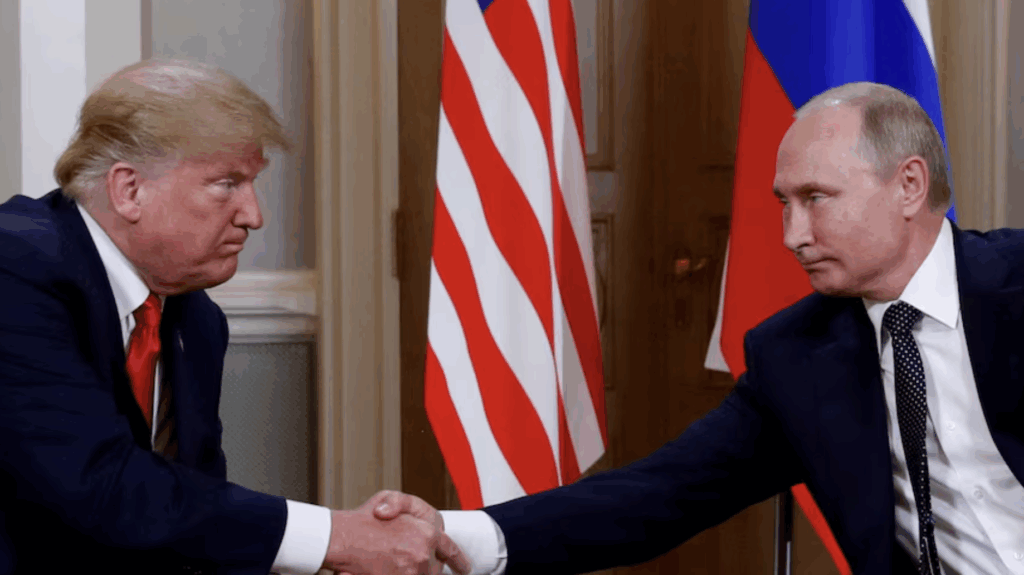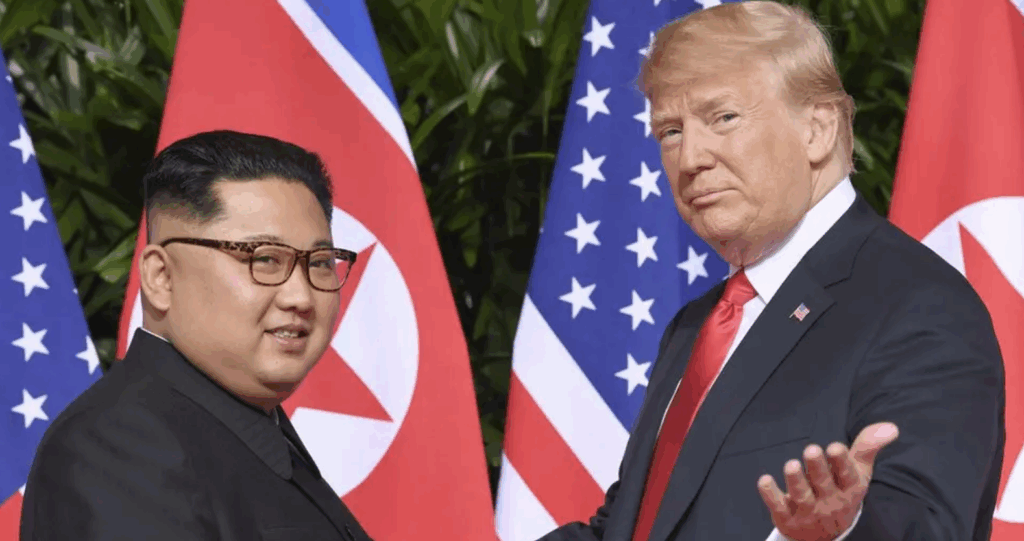Introduction: The Enigma of Donald Trump
Few political figures have captured the world’s attention like Donald J. Trump. As a businessman-turned-president, his unconventional approach to politics, communication, and leadership has sparked both fierce loyalty and intense criticism. But behind the bold statements and unpredictable actions lies a pattern — a psychological framework that drives his decisions and shapes his public persona. This article explores Trump’s mindset, his strategic thinking, and the psychological traits that define his influence.
1. Dominance and the Power Persona
Central to Trump’s psychology is a deep-rooted need to dominate. Whether in business, media, or politics, Trump seeks to position himself as the most powerful figure in the room. This drive for dominance manifests in his direct, often combative language and his emphasis on being seen as a “winner.” He often divides people into winners and losers, a binary view that fuels his aggressive negotiation style and desire to project strength at all times.
2. The Use of Fear and Unpredictability
Trump’s strategy often involves leveraging fear and uncertainty. By being unpredictable, he keeps opponents and even allies off balance. This tactic, sometimes described as “strategic chaos,” allows him to control the narrative. His rhetoric frequently highlights threats — from immigration to foreign powers — which activates a psychological response in audiences, driving loyalty through the promise of protection.
3. Branding and Identity
Trump is a master of personal branding. From “Make America Great Again” to his use of slogans like “Fake News,” he simplifies complex issues into digestible, emotionally charged phrases. This tactic builds identity-based loyalty, where supporters align not just with policies, but with a worldview. The Trump brand is about boldness, rebellion against elites, and directness, which resonates deeply with those who feel marginalized by traditional politics.

4. Narcissistic Traits and Confidence Projection
Psychologists have noted that Trump displays traits consistent with narcissism — an inflated sense of self-importance, a constant need for admiration, and sensitivity to criticism. This doesn’t necessarily hinder leadership; in fact, his unwavering self-confidence, even in the face of controversy, reinforces his image as someone who doesn’t back down. His supporters often see this as strength, interpreting confidence as capability.
5. Loyalty and Personal Allegiance
For Trump, loyalty is paramount. His leadership style rewards personal allegiance over institutional norms. He values individuals who stand by him unconditionally and often measures success through loyalty rather than traditional metrics. This has led to rapid shifts in his inner circle and a preference for those who mirror his views.
6. Communication Style: Simple, Repetitive, Emotional
Trump communicates in a style that prioritizes emotion over detail. Short, punchy sentences, repetition of key phrases, and a focus on gut-level instincts over data are hallmarks of his speeches and social media posts. This connects strongly with audiences who feel alienated by traditional political language.
7. The Art of the Deal: Negotiation as Theater
Trump’s background in real estate and reality TV informs his approach to politics as a form of negotiation — often public and theatrical. He applies pressure, makes bold demands, and is willing to walk away, creating tension that he believes will force concessions. This tactic, while controversial, is central to his self-perception as a dealmaker.
Conclusion: The Psychology Behind the Persona
Donald Trump’s thinking is a complex blend of dominance, branding, loyalty, and emotional connection. His success lies in understanding the psychology of influence — simplifying issues, projecting unwavering confidence, and creating a strong in-group identity. Whether admired or criticized, his approach reshaped modern politics by prioritizing emotion, spectacle, and personal power over traditional governance models.

